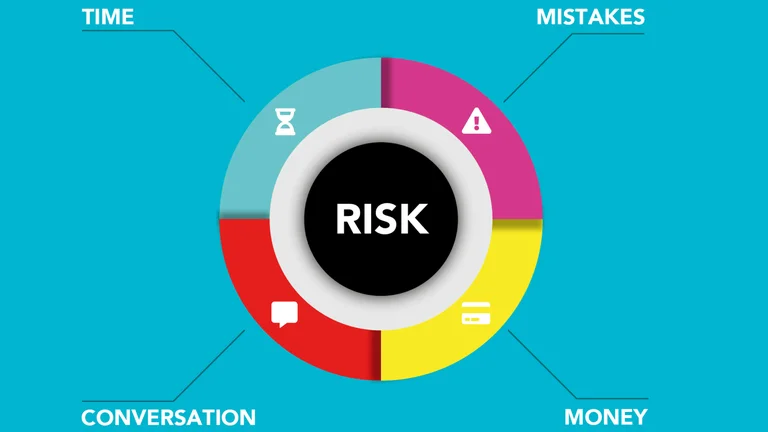Understanding Risk Management

Risk management involves identifying, assessing, and controlling potential risks that could harm a small business. It's not just about avoiding dangers; it’s about creating a process that allows businesses to operate smoothly even when problems arise. By understanding risks, businesses can make informed decisions.
Types of Risks for Small Businesses
Small businesses face various risks, including operational, financial, strategic, regulatory, and reputation risks. Operational risks stem from internal processes, financial risks relate to financial health, while strategic risks involve changes in the market. Regulatory risks arise from legal obligations, and reputation risks relate to public perception. Identifying these risks is crucial for an effective risk management plan.
Steps to Develop a Risk Management Plan
Creating a risk management plan starts with identifying risks specific to your business. Once identified, assess the likelihood and impact of each risk. This assessment will help prioritize which risks need immediate attention. Next, develop strategies to mitigate these risks. This can include insurance, safe practices, having an emergency plan, or diversifying suppliers. Finally, review and revise your plan regularly to adapt to new risks.
Importance of Insurance in Risk Management
Insurance plays a significant role in risk management for small businesses. It acts as a safety net, reducing the financial impact of unforeseen events. Types of insurance such as liability insurance, property insurance, and professional indemnity insurance can protect against various risks. It's important to evaluate the specific needs of your business and choose the right insurance coverage to enhance your risk management efforts.
Creating a Culture of Risk Awareness
Developing a culture of risk awareness within the business is essential. Employees should be educated about potential risks and encouraged to report any concerns. Training programs can help instill a proactive approach to risk management. When everyone is involved, businesses can better mitigate risks and respond swiftly when issues arise.
FAQ - Risk Management for Small Businesses
What is risk management?
Risk management is the process of identifying, assessing, and controlling potential risks that could negatively impact a business.
Why is risk management important for small businesses?
Risk management helps small businesses avoid potential crises, ensures compliance with regulations, and protects their reputation and financial health.
What are common risks faced by small businesses?
Common risks include operational, financial, strategic, regulatory, and reputation risks.
How can small businesses manage risks effectively?
Small businesses can manage risks by developing a risk management plan, obtaining appropriate insurance, and fostering a culture of risk awareness among employees.
What role does insurance play in risk management?
Insurance provides a safety net against financial losses from unexpected events, thus playing a crucial role in a business's risk management strategy.
Risk management for small businesses involves identifying and mitigating potential risks to enhance stability and ensure operational continuity. By assessing risks, developing a comprehensive plan, securing appropriate insurance, and fostering risk awareness among employees, small businesses can effectively navigate uncertainties.
Conclusão sobre Risk Management for Small Businesses.